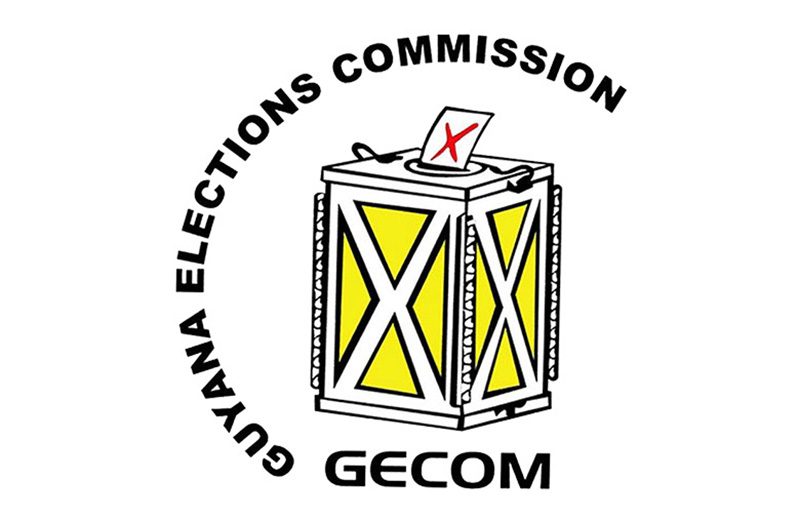–GECOM says after concluding extensive deliberations on the joinder of lists, filling of vacancies in the National Assembly
THE Guyana Elections Commission (GECOM) at its statutory meeting held on Thursday, concluded extensive deliberations about joinder of lists, filling of vacancies in the National Assembly and agreed on a list of things that must be applied.
According to a press release, the commission’s determination of this matter was premised entirely
on the legal framework.
On the issue of the joinder of lists, the commission explained that under Section 22(1) of the Representation of the People Act (ROPA), two or more political party candidate lists may be combined for the purpose of allocation of seats in parliament.
This combination is referred to as a “joinder of lists.”
It was pointed out that it is important to note that ballots are not cast for the combination; the parties in the combination will be listed separately on the ballot paper and the combination is treated as one List for the purpose of seat allocation.
As it pertains to the rules governing joinder lists, GECOM said to calculate seats distribution among the parties involved in joinder of lists, the valid votes for all of the lists in the combination are added together. Before ascertaining the allocation of seats within the combination, a determination needs to be made as to whether the combination won seats in the National Assembly.
Further, the commission said that the allocation of seats in the National Assembly is determined by dividing the total number of valid votes cast for all of the contesting Lists of Candidates by 65 to find the electoral quota of votes per seat.
Additionally, the body pointed out that providing the combination won seats in the National Assembly, an electoral quota needs to be established within the combination to determine how seats would be distributed therein. The electoral quota is determined by dividing the total number of valid votes received by the combination by the number of seats allocated to the combination.
Added to the above, the total votes received by each party in the combination are divided by the quota to determine the allocation of seats within the combination, in the case of a seat within the combination, the party with the largest number of surplus votes will get that unallocated seat and in the case of only one seat having been won by the combination, that seat shall go to the
party that received the largest number of votes among all of the parties in the combination.
GECOM in its statement emphasised that each party in the joinder retains its own Representative and Deputy Representative for the purpose of extraction of candidates to become Members of the National Assembly. Therefore, it is “ONLY” the Representative or Deputy Representative of the party(ies) that are allocated seats can do such extraction.
As it relates to the filling of vacancies in Parliament (Section 99A), the commission stated that if a parliamentary seat becomes vacant (for reasons other than a full dissolution of Parliament), the
vacancy must be filled by: “A person not already an elected member, but qualified and willing to serve, someone whose name appears on the same list from which the original MP was elected [or] the selection is done by further extraction from that list, by the Representative or Deputy
Representative of the said List.”



.jpg)








